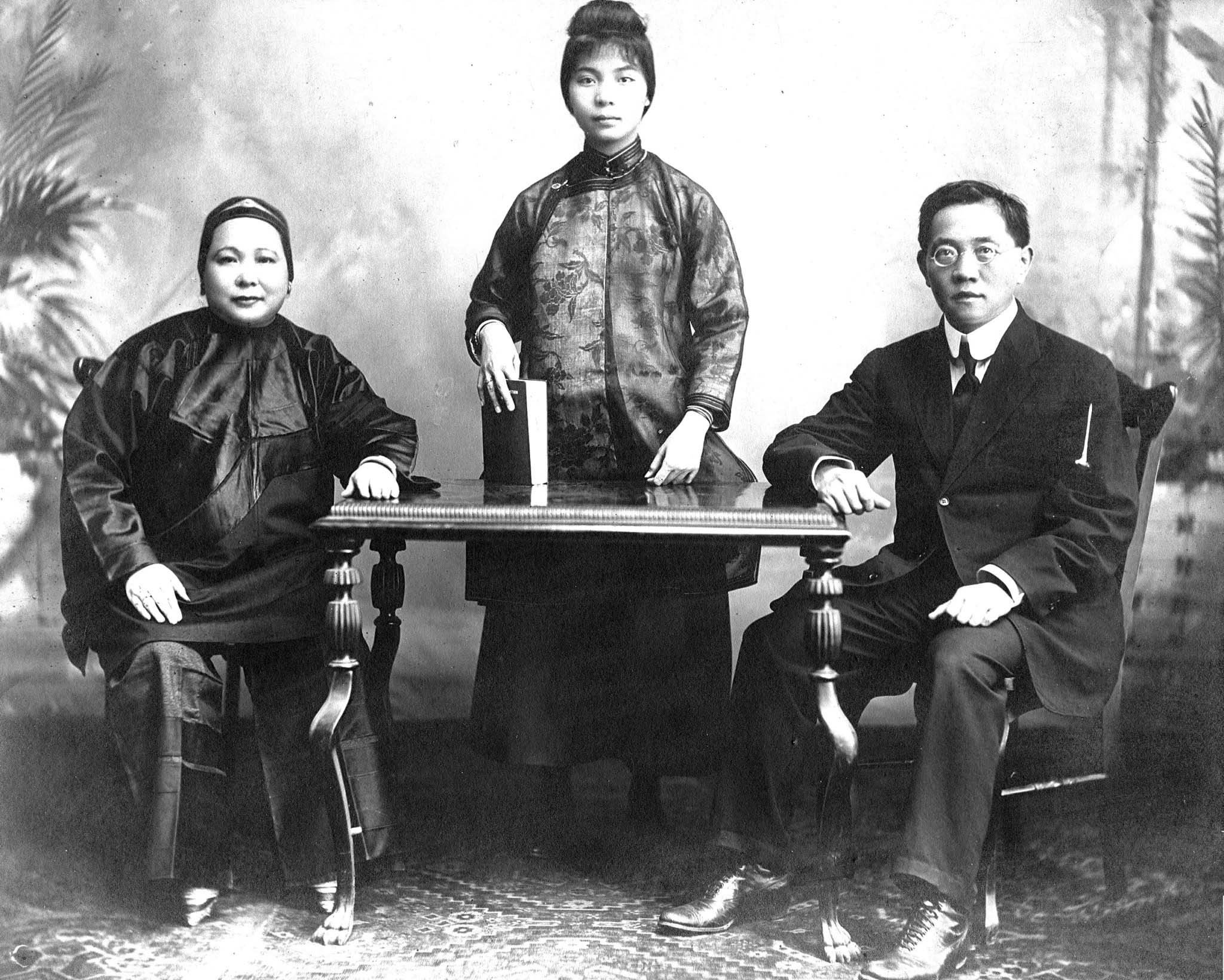
Early Life
Mabel Ping Hua Lee was born in Guangzhou, China in 1896. She was well educated during her early life in China and Hong Kong, showing a bright mind from a young age she won a Boxer Indemnity Scholarship that allowed her to study at Erasmus Hall Academy (a private academy in NY funded by the founding fathers, including John Jay). She and her family soon moved to Brooklyn, New York in 1905 so she could begin her studies.
Education
Mabel Ping-Hua Lee was born in Guangzhou, China, in 1896. From an early age, she demonstrated a sharp intellect and a passion for learning. After receiving a Boxer Indemnity Scholarship, she moved to the United States in 1905 with her family. This prestigious scholarship allowed her to attend Erasmus Hall Academy, a private institution in New York that was historically funded by prominent figures like John Jay. Lee’s move to Brooklyn marked the beginning of a remarkable educational journey that would define her life. At the age of 16, Lee enrolled at Barnard College, an all-women’s institution where she continued to pursue her academic interests, particularly in the area of women’s suffrage. In 1912, she earned her bachelor’s degree in history and philosophy. During her time at Barnard, Lee became an outspoken advocate for women’s rights, and her involvement in the suffrage movement began to grow. She not only excelled academically but also used her education to challenge societal norms and fight for gender equality.
In 1917, Lee moved on to Columbia University’s Teachers College, where she earned a master’s degree in education administration. Despite the challenges of being a woman of Chinese descent in a field dominated by white men, Lee’s determination never wavered. She continued her studies at Columbia and, in an extraordinary achievement, became the first Chinese woman in the U.S. to earn a Ph.D. in economics. Her doctoral dissertation, focused on the economic history of China, was a significant contribution to the field of economics. While at Columbia, Lee became an active member of the Chinese Students’ Association, where she wrote monthly feminist essays for the organization’s publication. These essays furthered her advocacy for women’s rights and highlighted the intersection of race and gender in the struggle for equality. Lee’s academic and advocacy work left a lasting impact, breaking barriers for future generations of women and Chinese-Americans in academia and activism.
Parental Support
Lee's mother, a teacher in China, had always been aware of the feminist movements in the United States and the fight for women's rights. She and Lee's father made sure to raise her to be strong, independent, and determined. They wanted Lee to have the freedom to live life on her own terms. For example, unlike her mother, whose feet had been bound as a child, Lee was never subjected to that painful tradition. Instead, her parents encouraged her to run, explore, and most importantly, pursue her education. Her father taught her about their Chinese heritage—its language, culture, and history—while also helping Lee build her own unique identity. He even sent her to public school in New York, where she was the only Chinese student in her classes. Growing up, Lee was taught to embrace both her heritage and the new opportunities around her, always encouraged to be true to herself.

